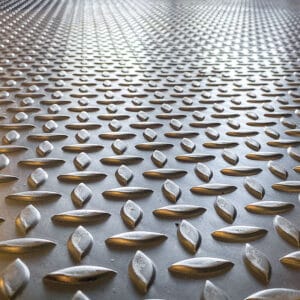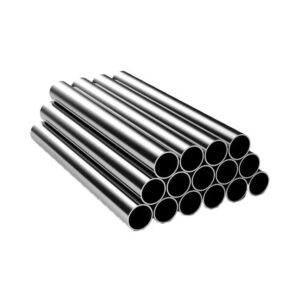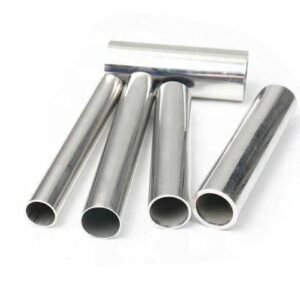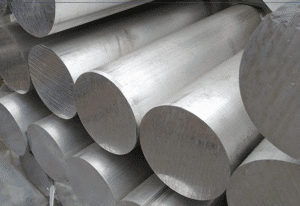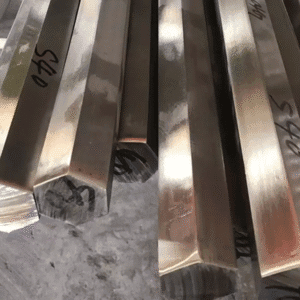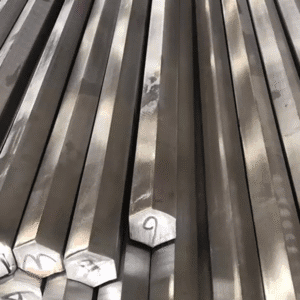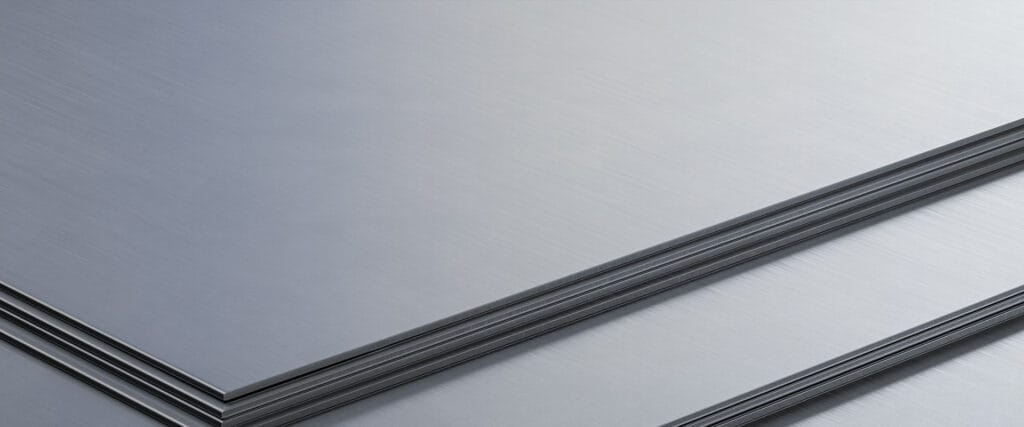- Introduction
- Understand Your Aluminum Plate Requirements
- Research Reputable Suppliers
- Check for Quality Standards and Certifications
- Evaluate Inventory & Delivery Capabilities
- Compare Pricing & Overall Value
- Test Before You Commit
- Build a Long-Term Partnership
- Bonus: Quick Comparison Table
- Frequently Asked Questions (FAQ)
- Conclusion
Introduction
In industries like construction, transportation, manufacturing, and kitchen equipment, aluminum plates are essential components. They are lightweight, strong, corrosion-resistant, and easy to fabricate. Choosing the right supplier ensures your project stays on schedule and meets quality standards.
However, with so many suppliers on the market, it’s not always easy to find one that meets your specific needs. This guide will help you evaluate aluminum plate suppliers effectively, so you can choose a partner that delivers reliable quality, fair pricing, and responsive service.

1. Understand Your Aluminum Plate Requirements
Before you compare suppliers, clearly define what you need:
- Alloy Grades: Common options include:
- 6061: High strength and machinability
- 5052: Excellent corrosion resistance and formability
- 3003: Good for general applications
- 5083: Ideal for marine environments
- 7075: Extremely strong, used in aerospace
- Thickness & Dimensions: What size and tolerance do you need?
- Finish Type: Choose from mill finish, anodized, polished, or tread plate.
- Standards: Ensure materials comply with ASTM B209, EN, GB/T, or DIN standards.
Knowing your requirements will help you filter out suppliers who can’t meet them.
2. Research Reputable Suppliers
Choose companies with a proven track record in the aluminum industry.
Top Global Aluminum Plate Suppliers:
| Kloeckner Metals | USA | Large inventory, diverse alloys, fast delivery |
| Pierce Aluminum | USA | Custom processing, technical support |
| Metline Industries | India / Global | Export-grade plates, ASTM/EN/DIN compliant |
| Haomei Aluminum | China | Competitive pricing, good alloy range |
| zggdmetal | China | One of the largest aluminum producers globally |
Look for suppliers that serve multiple industries and export worldwide. Verify their certifications, production capacity, and delivery capability.
3. Check for Quality Standards and Certifications
Your supplier must maintain strict quality control.
Look for:
- ISO 9001 certified systems
- Compliance with ASTM B209, EN 485, or other relevant specs
- Material Test Certificates (MTCs) for every batch
- Support for third-party inspections (SGS, BV, etc.)
Reliable suppliers are transparent with documentation and welcome audits.
4. Evaluate Inventory & Delivery Capabilities
Ask the supplier:
- Do they stock standard sizes and alloys?
- Can they handle urgent or large orders?
- Do they offer custom cutting, polishing, anodizing, or packaging?
- What is the average delivery lead time (domestic/international)?
Choose a supplier who can deliver consistently and quickly, especially if you’re working on time-sensitive projects.

5. Compare Pricing & Overall Value
Lowest price doesn’t always mean best value. Consider:
- Product quality and consistency
- Shipping, taxes, and customs handling
- After-sales support and warranty policies
- Flexibility in pricing for long-term contracts
Good suppliers offer stable pricing and clear quotations with no hidden costs.
6. Test Before You Commit
Before placing a large order:
- Request samples to inspect alloy composition, flatness, and surface finish
- Request a formal quote (RFQ) to compare terms and lead time
- Place a small trial order to test delivery and communication
- If possible, visit their factory or schedule a virtual tour
This helps avoid risks and builds confidence in your supplier relationship.
7. Build a Long-Term Partnership
Once you find a reliable aluminum plate supplier, focus on long-term cooperation. Benefits include:
- Better pricing for recurring orders
- Faster production priority
- Technical support on material selection
- Flexible logistics and after-sales response
Good partnerships reduce supply chain stress and drive your project success.
8. Bonus: Quick Comparison Table
| Alloys | 5052, 6061, 3003, 5083, 7075 |
| Certifications | ISO 9001, ASTM B209, EN standards |
| Services | Cutting, anodizing, coating, export support |
| MOQ | Ask for flexible minimum order quantities |
| Support | Fast response, custom advice, tech help |

Frequently Asked Questions (FAQ)
Q1: What’s the difference between 5052 and 6061 aluminum plate?
A: 5052 offers better corrosion resistance; 6061 provides higher strength and better machinability.
Q2: How can I verify an aluminum supplier’s legitimacy?
A: Check their certifications, ask for MTCs, review customer references, and verify their business license.
Q3: Should I source aluminum plates from China?
A: China has some of the most competitive aluminum suppliers globally. With proper vetting, they can be reliable partners offering great value.
Conclusion
Finding the best aluminum plate supplier takes research, evaluation, and communication. By:
- Understanding your product specs
- Vetting global suppliers
- Reviewing quality, pricing, and service
- Testing with samples
- Building long-term trust

